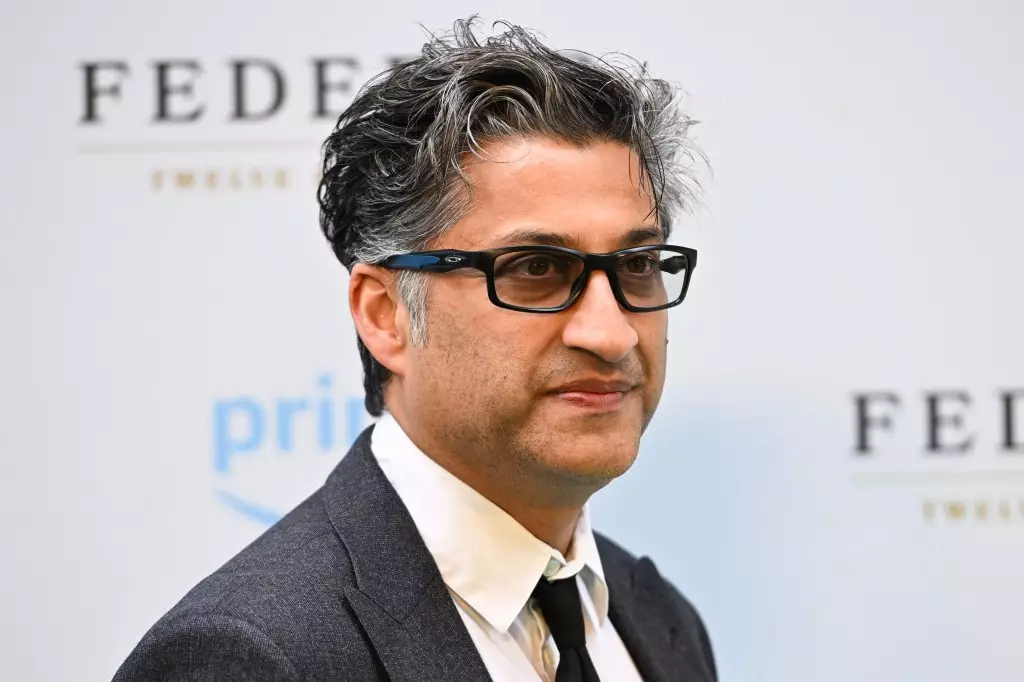Asif Kapadia, a distinguished British film director known for his award-winning documentaries, experienced a sobering reality that many travelers might find alarming. His relationship with U.S. immigration, shaped by a seemingly innocuous moment in the early 2000s, offers a profound commentary on the intersections of culture, race, and security protocols post-9/11. A taxi ride capturing the essence of New York’s skyline turned into an entryway to years of scrutiny and anxiety—a narrative reflective of ongoing debates surrounding national security and racial profiling.
The incident unfolded in an airport lounge, where Kapadia’s name was called out in an accusatory alert that led to an intense encounter with homeland security. This situation serves as a critical lens for understanding the deeply ingrained fears and prejudices that can emerge in the wake of terrorism. Kapadia, a celebrated filmmaker with accolades to his name, found himself alone, vulnerable, and subjected to intense questioning, merely because someone deemed his behavior suspicious. Such a public humiliation not only raises questions about the criteria for suspicion but also highlights the painful realities that individuals of minority backgrounds can face, often without just cause.
Kapadia’s narrative doesn’t conclude with a single unsettling encounter; instead, it evolves into a decade-long experience of being on a watch list. The psychological toll of such treatment cannot be understated. The recurring anxiety of being stopped each time he attempted to travel compounded his feelings of paranoia and helplessness. The director’s recounting of showing his boarding pass, only to trigger a problematic red light instead of a welcoming green light, symbolizes a broader societal issue that many people around the world now grapple with—namely, living in a state of hyper-surveillance and the constant questioning of one’s presence and intent.
Kapadia’s eventual avoidance of U.S. travel underscores the personal ramifications of systemic surveillance practices. When forced to travel, he resorted to carrying letters from production companies, as if his professional identity needed validation from a higher authority to secure passage. This behavior illustrates an unsettling reality where the burdens of proof increasingly shift onto the innocent, perpetuating a cycle of anxiety for those who merely wish to engage in their professions or see family across borders.
In response to his turbulent experiences, Kapadia channeled his frustrations and observations into his latest project, the film “2073.” Set against a backdrop that combines fantasy with real-world issues of populism, technological surveillance, and climate change, this genre-defying work aims to reflect the societal complexities we navigate today. Through his art, Kapadia narrates not just a personal history but a collective warning—exploring how fear, societal disillusionment, and the potential for disaster are interwoven in contemporary life.
As “2073” prepares for its cinematic release in the U.S. and the UK, it serves as a pivotal exploration of the narratives that shape our understanding of security, race, and the overarching quest for truth in an era dominated by surveillance and suspicion. Kapadia’s journey from a simple taxi ride to the forefront of a creative indictment illustrates not only the resilience of artistic expression in response to personal adversity but also the larger conversation on the condition of humanity in a time marked by division and watchful eyes.
